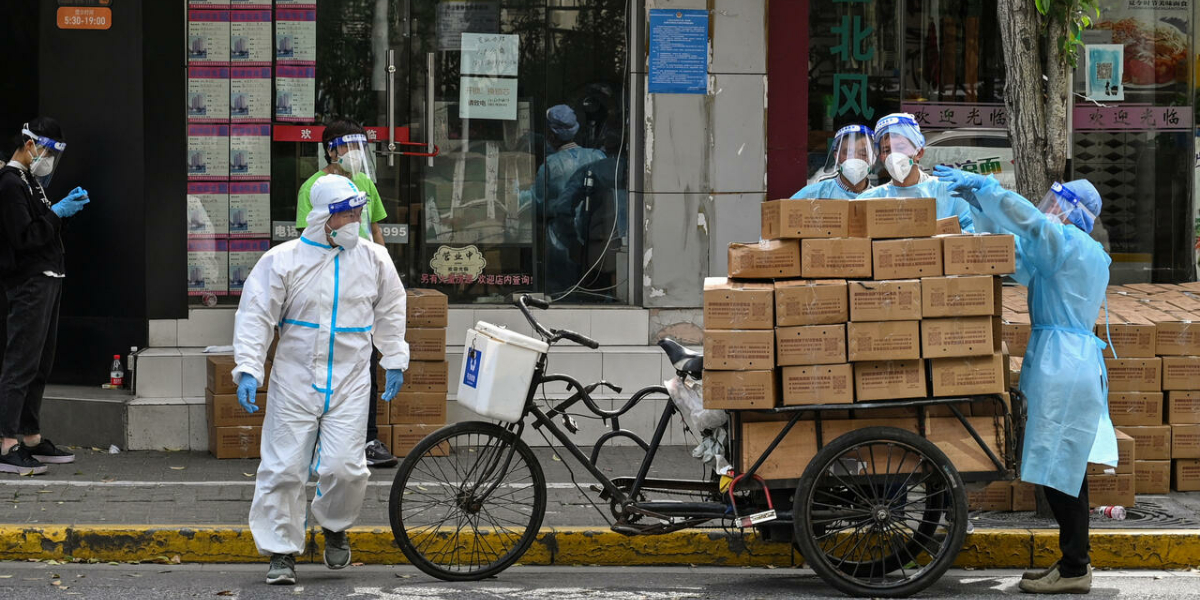Shanghai largely reopened public transportation on Sunday, signifying a gradual return after being cut off from the rest of the world for nearly two months.
Since April, when it became the epicenter of the country’s biggest coronavirus outbreak since the pandemic began, China’s largest city has been nearly completely shut down.
Unlike other big economies, Beijing has stuck to a zero-Covid strategy of eradicating clusters as they arise, despite the fact that this is becoming increasingly difficult with the infectious Omicron type.
However, as new infections have decreased, Shanghai has gradually lifted restrictions, allowing some factories to reopen and residents in lower-risk areas to go outside.
Officials stated this week that four of the city’s 20 subway lines, as well as certain road transportation, will reopen on Sunday, providing a “basic network covering all important metropolitan districts.”
On Saturday, they added that anyone who use public transportation must have a negative Covid test within 48 hours and a “normal fever.”
Despite broader efforts to lift restrictions, the downtown Jing’an district was placed under lockdown again on Sunday, according to an official notice.
Starting Sunday, Jing’an will undergo three rounds of mass Covid tests, during which people are not allowed to leave their homes, according to a WeChat notice.
“‘Exit permits’ that have been issued will be suspended,” the notice added on Saturday while assuring residents that “victory is not far away”.
According to National Health Commission data, the city of 25 million citizens reported over 600 Covid cases on Sunday, with 570 of them asymptomatic.
However, limits on Covid cases persisted in other Chinese cities, including the capital Beijing, which has already restricted dining out and forced millions of people to work from home.
According to official media, approximately 5,000 residents in Beijing’s Nanxinyuan residential compound have been moved to quarantine hotels as of Saturday after 26 new diseases were identified in recent days.
Fears have grown that the city may follow Shanghai’s lead, where the lockdown has deprived many people of access to food and medical services.

















